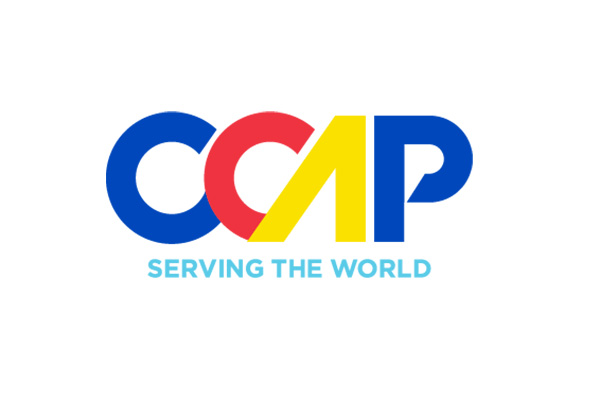Pinoy contact center workers shift to mid-high skilled jobs faster than global

Date:
March 28, 2019
The domestic contact center, which accounts the biggest share in the local IT-BPM industry, has successfully managed to shift quickly into the mid- and high-skilled jobs from low-end tasks as new technologies in automation and artificial intelligence are replacing old jobs, a new research revealed.
An internal research by Contact Center Association of the Philippines (CCAP) showed that mid and high-skilled jobs in the contact center sector account for 85 percent of positions, ahead of the Frost & Sullivan projection that about 73 percent of the global IT-BPM industry will be covering mid- and high-skilled jobs by 2022.
“Mid- and high-skilled jobs are getting more demand in our industry. Our professionals are now finding their selves more engaged in complicated tasks that require experience or specialized expertise paired with abstract reasoning and situational response/autonomy,” CCAP President Jojo Uligan explained.
Uligan explained the local contact center sector’s nimbleness to shift to mid- and high-skilled tasks. From the traditional focus, which is customer services delivery, the Philippine contact center sector is now geared towards an emerging priority — customer experience delivery. During the recent Contact Islands summit organized by CCAP in the second half of 2018, the evolving customer expectations were identified.
Local contact center firms now prioritize quick and accurate resolution, personalized interactions, demand for self-service option, interaction in customers’ preferred channel, and seamless/consistent experience. Disruptive technologies also point to automation, analytics, and artificial intelligence to meet delivery of customer experience (CX).
Uligan noted that the Philippines’ IT-BPM industry annual revenue has reached $27.1 billion of which the contact center segment keeps a bigger slice of the pie — accounting for an annual revenue of $14.6 billion (P759.2 billion) and employing more than 890,000 call center professionals nationwide. Overall, the Philippines accounts for about 18 percent of the estimated $83 billion global revenue by think tank The Everest Group.
“Logically, a shift in the priority for professionals’ level of skills required to perform tasks will have an impact to the Philippine IT-BPM industry, particularly to the contact center sub-sector,” said Uligan.
In a previous analysis by industry consultancy firm Frost & Sullivan, tasks that require basic skills (low-level) in the global BPO landscape is projected to decline by 29 percent by 2022. At the same time, mid-skill jobs are expected to rise by 12 percent, while positions that require higher skills are projected to grow higher at 19 percent.
With the changing requirements brought about by the evolving landscape of the global IT-BPM industry, a shift from low-level-skill tasks into mid-skill and high-skill tasks is logically inevitable.
“As CCAP together with the rest of the contact center sector has been emphasizing for quite some time now, we have taken a proactive approach to this change,” Uligan said. “It is a common knowledge in our industry that we have already been implementing changes in job tasks and description to cope with the evolving requirements.”
Uligan said the industry is investing heavily in training for both entry-level and tenured positions.
CCAP regularly facilitates specialized programs throughout the year to further equip agents of their member-organizations amid an aggressive shift in job priorities.
Source: Manila Bulletin











